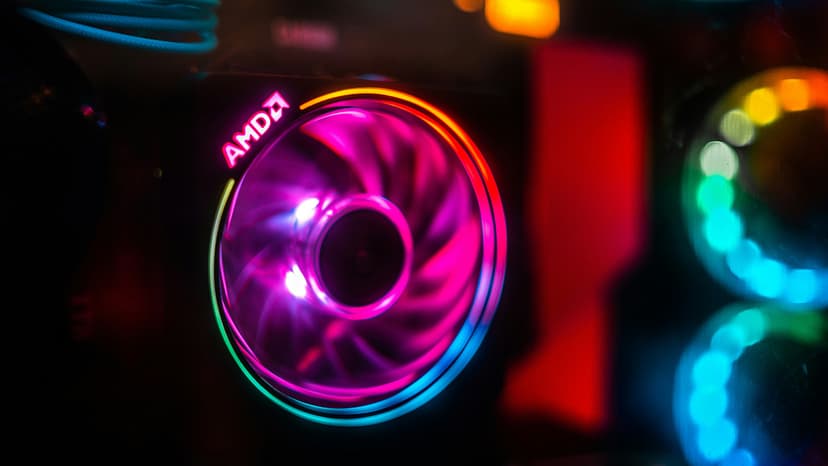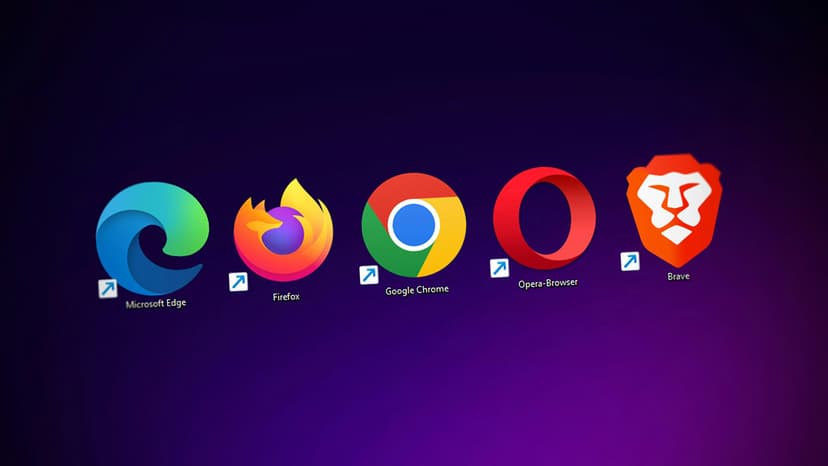Why Do Businesses Use Psychological Pricing Strategies?
Have you ever wondered why prices tend to end in 99 cents, or why certain products are priced using odd numbers like $4.97? These are not random decisions made by businesses. They are actually part of a clever marketing technique known as psychological pricing.
Understanding Psychological Pricing
Psychological pricing is a strategy used by businesses to influence consumers' perception of a product's price. By setting prices at certain levels, companies can create the impression that the product is more affordable or valuable than it actually is. This can lead to increased sales and higher profits.
One common tactic is charm pricing, which involves setting prices just below a round number, such as $9.99 instead of $10.00. This is based on the psychological theory that consumers are more likely to perceive prices ending in 9 as being significantly lower than they actually are.
Another strategy is prestige pricing, where businesses set prices artificially high to create a perception of luxury and exclusivity. This can be seen with high-end designer brands that charge exorbitant prices for their products.
The Power of Odd Pricing
Odd pricing involves setting prices at odd numbers, such as $3.47 or $7.99. This strategy is effective because it gives the impression of a discounted price, even if the actual discount is minimal. Consumers are more likely to perceive odd prices as offering better value for money compared to rounded prices.
For example, a product priced at $19.97 may seem like a better deal than the same product priced at $20.00, even though the difference is only three cents. This subtle difference can have a significant impact on consumer perception and purchasing behavior.
Creating a Sense of Urgency
Decoy pricing is another common tactic used in psychological pricing. This strategy involves offering three price options for a product: a high-priced option, a mid-priced option, and a low-priced option. The goal is to steer consumers towards the mid-priced option by making it seem like the best value compared to the other two.
By presenting multiple options, businesses create a sense of urgency and encourage consumers to make a quick decision. This can lead to impulse purchases and higher sales volumes.
The Psychology Behind Pricing
The use of psychological pricing is based on the idea that consumer behavior is influenced by emotions and perceptions, rather than rational considerations. By leveraging cognitive biases and heuristics, businesses can manipulate how consumers interpret prices and make purchasing decisions.
For example, the anchoring effect is a cognitive bias where consumers rely heavily on the first piece of information they receive when making decisions. By setting a high initial price for a product and then offering a discounted price, businesses can create the perception of a bargain, even if the discounted price is still high compared to the product's actual value.
Applying Psychological Pricing in Your Business
As a business owner, understanding the principles of psychological pricing can help you set prices that attract more customers and increase your sales. By carefully considering how consumers perceive prices and leveraging psychological tactics, you can influence purchasing decisions and drive revenue growth.
For more in-depth information on psychological pricing strategies, you can refer to reputable sources such as Psychological Pricing: A Practical Guide.
Next time you see a product priced at $19.99 or $49.97, remember that there's a lot more behind that number than meets the eye. Businesses use psychological pricing strategies to tap into our subconscious minds and influence our behavior as consumers. The next time you're out shopping, pay attention to the prices around you – you might be surprised at how much they can sway your decisions.












